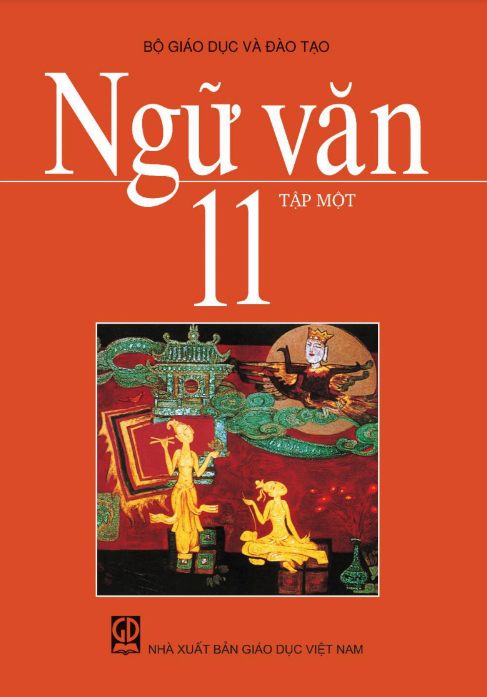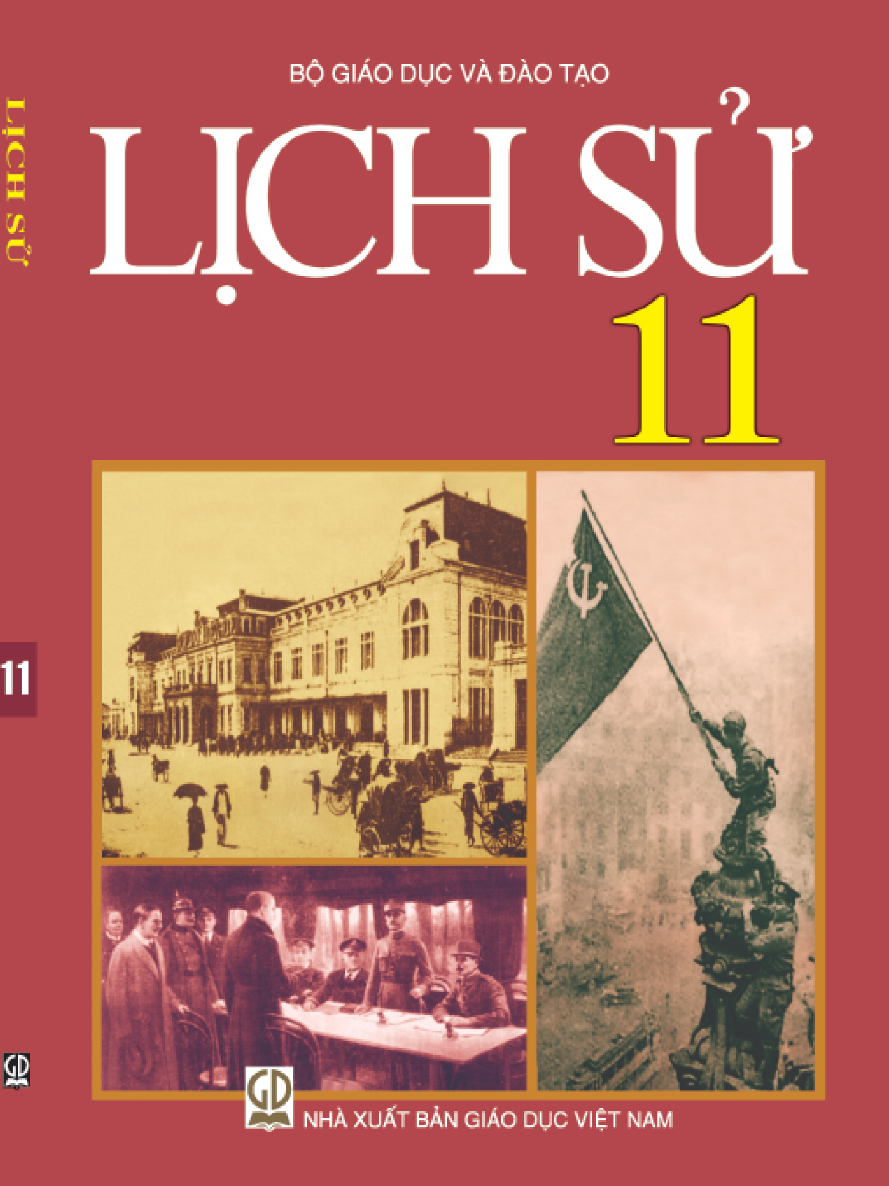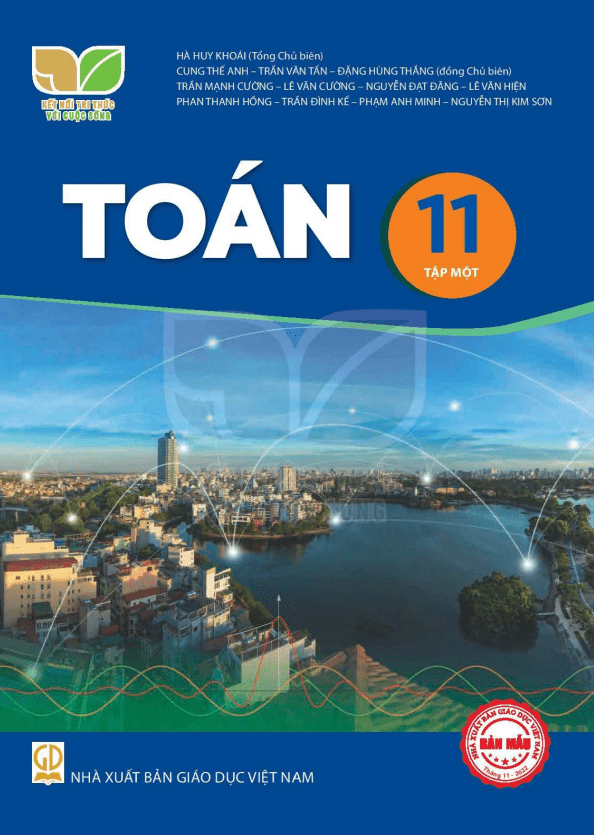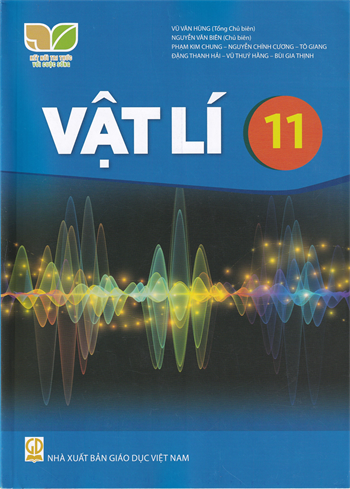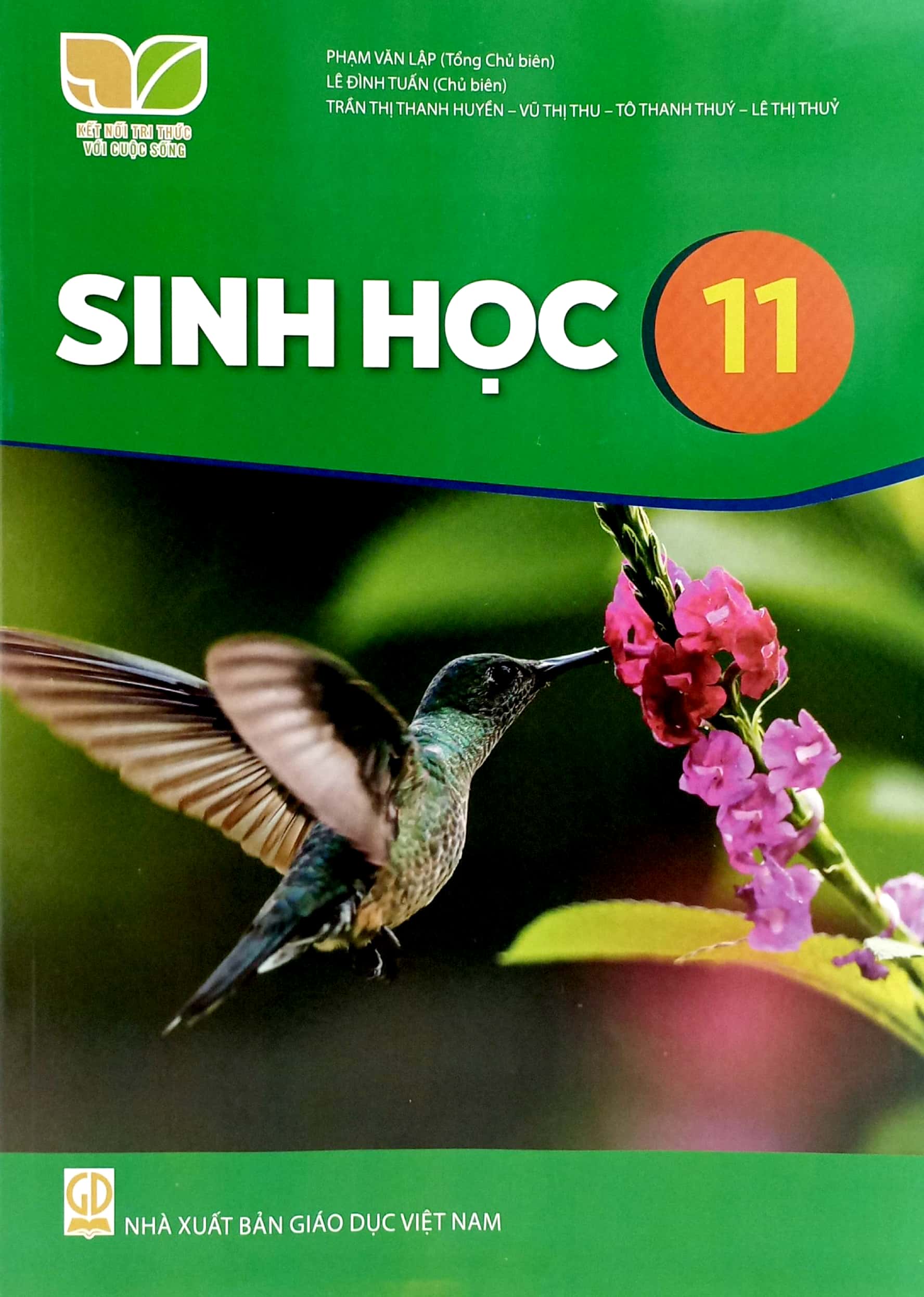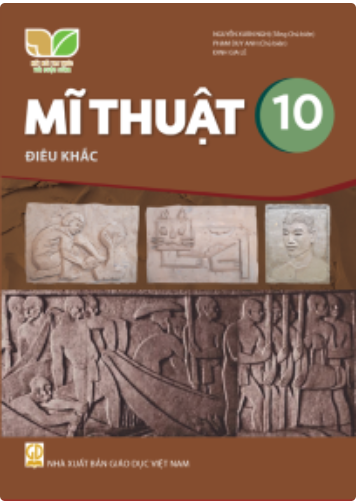(Page 93)
VII. COMMUNICATION AND CULTURE / CLIL
Everyday English
Expressing best wishes and responding
1. Listen and complete the conversations with the expressions in the box. Then practise them in pairs. 🎧
A. Same to you
B. Have a great time
C. Happy New Year
D. Thanks so much
1. Nam: Hey, I heard that you're going on a trip to Singapore tomorrow. (1) _____!
Mike: Yep. (2)
2. Kevin: Hi, Mai. (3) _____! Wishing you a great year ahead!
Mai: Thanks, Kevin. (4) _____! Hope all your dreams come true!
2. Work in pairs. Use the models in 1 to make similar conversations for these situations. One of you is Student A, the other is Student B. Use the expressions below to help you.
1. Student A is going to take an exam. Student B is expressing his/her wishes for Student A's success.
2. Student B is not feeling well. Student A is expressing his/her wishes for Student B's recovery.
| Useful expressions |
| Expressing wishes | Responding to wishes |
| • Have a good/great...! • Best wishes!/Good luck! • I wish you a happy and healthy new year./ Happy New Year!/Happy holidays! • I wish you best of luck/every success in your new ... • Get well soon!/Hope you feel better soon/make a speedy recovery. | • Thanks so much. • Thank you (all) for your wishes. • Thanks. Happy New Year to you too! • (The) same to you! Thanks. |
Culture
Teen independence in the US
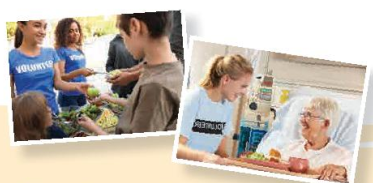
1. Read the text below and complete the diagram. Use no more than THREE words for each gap.
American parents usually encourage independence in their teenage children, and it is normal for teens to want more responsibility and freedom for their choices.
American teenagers often start high school with a basic plan of classes they need to take to get a high school diploma. Some subjects like English, maths, science, or social studies are required, others can be selected. Schools also provide extracurricular activities, such as sports, clubs, and bands. American teenagers who plan to go to college study hard to get good grades. They are highly motivated and very confident, and take responsibility for their learning.
Many American teenagers have part-time jobs as they want to gain work experience and learn how to manage their money. Many teens work at fast-food restaurants and stores, or do babysitting, and dog walking for neighbours. They also volunteer at local hospitals, food banks, and old people's homes, or take part in clean-up activities to improve their neighbourhood. This community service counts towards the volunteer hours that some schools require for university admission.
The teenage years form an important period of their development that influences adult life. The main goal of this period for most American teenagers is becoming independent, and they work hard both at school and outside school to achieve this goal.
(Page 94)
Becoming Independent:
• At school:
- Required subjects: (1) _____, sclence, social studles
- Extracurricular activities: (2) ______ and bands
• Outside school:
- Part-time Jobs: working at (3) _____ and stores, babysitting, dog walking
- Volunteer work: at (4) _____, food banks, and old people's homes; clean-up activities
2. Work in groups. Discuss the following questions.
Do American teenagers learn to become independent in the same way as Vietnamese teenagers? What are the similarities and differences?
